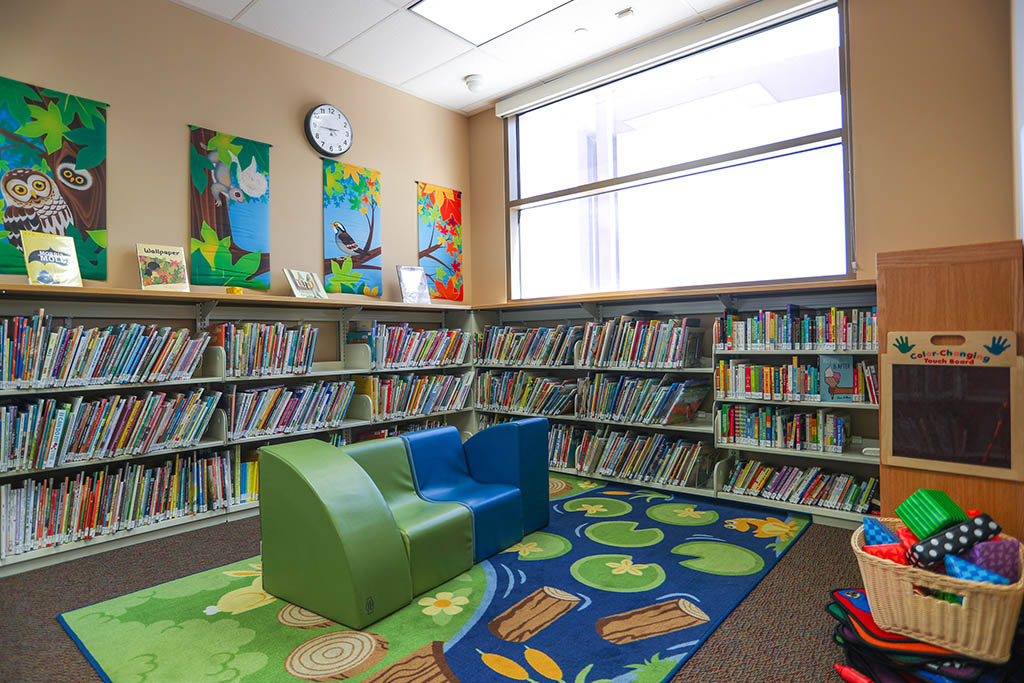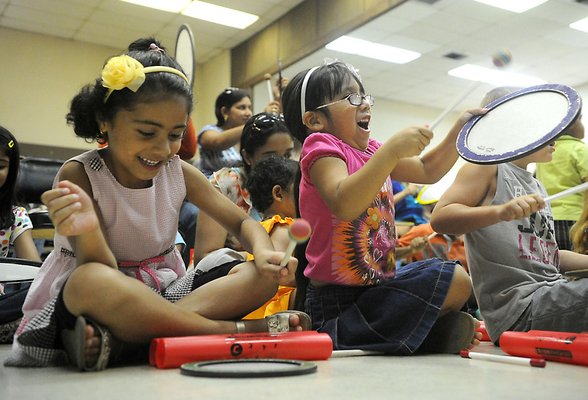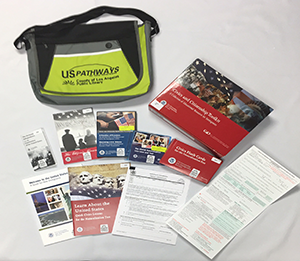Blue Serpent
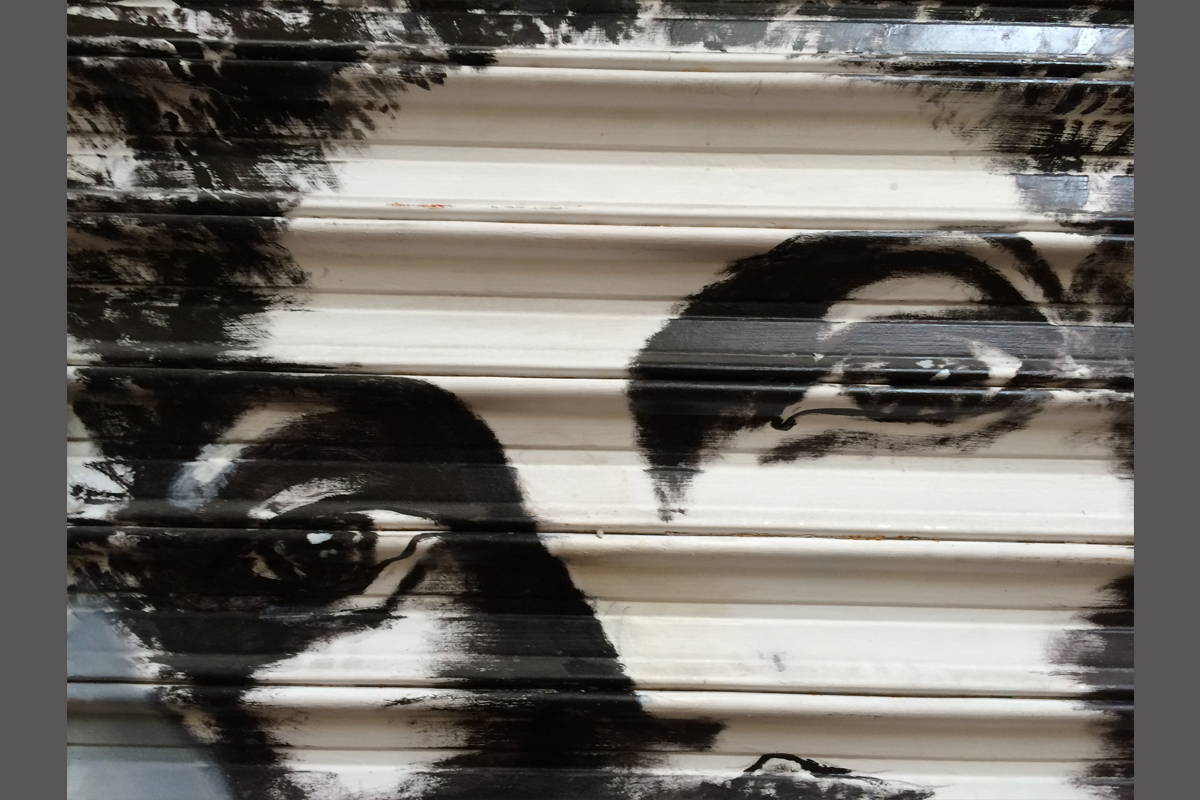
I was born and raised in the state of Michoacán, Mexico, in a region known as La Cienega de Chapala. The house I grew up in sits on land given to my paternal grandparents many years ago, when President Lazaro Cardenas redistributed the large haciendas, taking the properties from their rich owners and dividing it among peasant farmers.
Much of the country’s agricultural land was in the hands of a few hundred hacendados, or “bosses,” with farm workers living in near slavery conditions.
My grandparents got word of land being distributed in Michoacán. At the time they resided in a little town in the state of Jalisco, called El Pedregal. They began their journey following the edge of Lake Chapala, the largest lake in Mexico. Grandma Natalia and her three young children were on a wagon pulled by oxen. Grandpa Chon was on foot herding their pigs and goats. They camped at night under the wagon, their animals nearby.
After several days on the move, they finally made it to the place that was to become our hometown, Cumuatillo. There, they were told to choose a piece of land as big as they needed to build a house and corrals. They also received title to some very fertile soil; parcels gained from Chapala at the beginning of last century, after rivers were diverted and 20 kilometers of levees created, exposing 50 thousand acres of arable land.
Their first house they built out of reed and tree branches. In time they replaced it with a house of adobe. They had no running water or electricity; nevertheless, this became home. My dad was the sixth of nine children; his name is Antonio Fernandez. He and his siblings had big responsibilities at a very young age.
Around the time father turned 12 years old, he was put in charge of the goats. The herd was taken to the hills, far away from my grandparents’ home. There they spent days grazing. Dad was left alone on the hills with the herd sometimes. At night he cried with fear hearing coyotes howling in the distance, having to endure rain and cold under a poncho, a dog and the goats his only companions. He didn’t like school much and dropped out of third grade; that meant he had to go back to work in the fields and care for the animals. As a teenager he took tailoring classes but found it was not his calling.
After he married my mom, he inherited part of my grandparents’ back yard to build his own house, as well as a few acres for farming. In 1973, around the time I was born, he started taking courses by mail to become an electrician. He hung the diploma on the wall in our house. He was, by then, the town’s only electrician. He also learned the plumber trade to have more work and he farmed year round.
Our house was the first house in town to have a doorbell. It came handy as many people stopped by looking for dad. They needed electric and water services for the houses they were building, or transistor radios, pressing irons and Christmas lights repaired. After having dinner every night, he went in his workshop and stayed there for several hours. In town, he was well known and respected for the quality of his work and for being a dedicated farmer.
The last time I saw my father standing on his own, tall and handsome, was a Sunday at the end of January 1980. He combed his hair neatly, put on cologne and his gold ring. He left on his shiny black motorcycle that he used to get around. He didn’t tell mom where he was going, nor did she ask.
Around 9:00 pm that Sunday, a taxi pulled in front of our house. The driver was looking for Antonio Fernandez’s relatives. He had been in a collision with a car and was in the hospital. A donor for his blood type was urgently needed. Mom left that night in the taxi. My cousin Mina and I ran out to find her father. As I kept running down the dark streets, I don’t think I understood what was really going on.
One month later, dad was back home, his left leg amputated. Many scars now covered his face and his front teeth were missing. He was a totally different man from the one I saw going away that Sunday. I remember him falling as he entered his workshop for the first time in weeks. He stayed on the floor for a while, crying his heart out.
The family had no insurance to cover medical bills. Dad was very depressed, sometimes he would throw dishes around, mad over little things. He scared me and made me wish he went away. He was only 30 years old, mom was 26, my older sister had just turned eight, I had two younger sisters and a new baby was on the way.
Our doorbell went quiet. Only kids returning from school rang it and ran away laughing. Mom never complained about father’s outbursts. I don’t remember seeing her cry. She told me once she didn’t want her baby to be born sad. She continued washing clothes by hand, cooking, cleaning and even tending to our few cows and pigs.
Dad spent time in the fields. He sometimes walked around the patio on his crutches, sad and desperate, like he was looking for something. My fear turned to compassion during these days. I missed the strong tall man that built the large green kite for my sister and me. He ran with it, offering the reed and plastic kite to the wind. It was too big and heavy and it never elevated.
One day someone offered dad some work.
“I think you can do it,” said the man. “You can take your time; it’s not urgent.” Dad was doubtful but accepted, as we needed money. The doctor that operated on him the night of the accident was not a surgeon. He saved my father’s life but he amputated his leg at the wrong length. A prosthetic caused him tremendous pain and made it difficult for him to get around. At job sites, he sometimes opted for jumping on his only leg to move faster. If working at ground level he used the strength of his arms to drag his body from place to place. He had to do this a lot when working in the fields because his crutches got stuck in the mud.
Little by little he gained confidence, finding his way with his changed body. People started trusting him with work. He once again became the town’s main plumber and electrician. It took him longer to finish jobs and money was not enough for the family’s expenses. Mom managed as best she could.
A short kid with a face full of freckles, nicked-named “the Roll” loved bullying me since I refused to become his girlfriend. The Roll wouldn’t forgive the rejection and always found reasons to make fun of me or my family. Together with “Churro Guy,” he picked on the way Dad used a piece of cord as a manual accelerator for his 1965 Volkswagen.
They called my father “Thousand Uses,” referring to the fact that he would take almost any honest job he was offered. Yet the town was good to us. Debt was being paid and the family was recuperating.
Before the arrival of the Spanish conquerors, my hometown had been the land of Nahua people, Aztecs.
During rainy season, the water overflow from Chapala and rivers nearby inundated the area. Several small islands emerged from the water every year. Cumuatillo used to be part of Cumuato Island; an important place because of its higher ground, with roads and canals that remained full of water even during the dry period, making it easy to use canoes for the transportation of people and goods.
As little girls my sisters and I used to play with small clay figurines we found on the ground. Lots of dark glass like, edge sharpened rocks, shimmered under the morning sun. Broken pottery served us as fake currency to purchase the large green leaves we used as tortillas for our games. Dad told stories of bones and human skulls uncovered during the digging of trenches for the footings of new walls. As kids, he and his brothers used to place the skulls on fence posts and throw rocks at them.
One day my dad and uncle unearthed a full human skeleton from our back yard. Jade, gold and shell ornaments were still on its wrist and neck. Beautiful pottery and sharp obsidian spears had been carefully placed to his sides.
Dad placed all the artifacts in a box and stored it away. In spite of being so proud of his find, one day we helped him put this box in his car and off he went to find a man named Jose, a dealer in jewelry among other things. He sold all the artifacts to him. Jose didn’t pay him much, but the money helped us get by for some days.
Much later, Jose and Dad had a conversation about that transaction. “If you find more, don’t touch them,” Jose told him. He described an inexplicable illness and hallucinations he experienced, which were, according to him, all related to the pre-Hispanic pottery and jewelry he had been dealing with. It was likely our backyard relics were not the only ones he had purchased and sold. He claimed he was cured after he stopped his dealings in these objects.
Over time, the family adjusted to the many changes after the accident. One summer, with the proceeds of a good harvest, my parents purchased a popsicle shop. It was another source of income and more work for mom. All sisters and brother also helped the family by selling popsicles and working in the fields. As a teenager the oldest daughter, Leticia took a job as an operator for the town’s public telephone.
In 1992, Leticia, married and immigrated to the town of El Monte, California. I followed one month later, arriving in nearby South Gate, California. My sister, Teresa, took over Leticia’s job. Eventually the youngest sister Cecilia would also alternate between this job and college. Antonio Junior, also known as little Toño, had been helping dad work since he was four years old.
Little Toño was a fixture next to dad when he wasn’t in school. He had become an extension of Dad’s capabilities and a relief for some of his limitations.
After finishing high school, Toño was awarded a small grant from the government to continue his studies. He moved to the state’s capital to start in the engineering program at Morelia’s Technological Institute. My parents supported him to complement the grant. After graduating he moved to Queretaro.
My father continued farming, ignoring my mother’s pleas for him to slow down.
One night, mom and dad noticed a surreal blue shape climbing one of the walls inside the house. This shape resembled a small serpent. They looked around the room trying to find a source for what they were seeing. Nothing. When it appeared to them a second time they panicked a little more.
“It wants to show us where the other treasures are,” said my mom. But my dad was not about to start digging for treasure after what Jose told him. So the third and last time they saw it moving up the wall, they just ignored it.
If the blue serpent wanted my dad to unearth something she was many years late. My parents have enough to support themselves. They are alone in this house with the magical backyard, where four sisters and one brother used to play and thresh corn. No need to look for treasures now. Maybe the blue serpent understood this and that’s why she stopped showing itself to my mom and dad.
Father thinks, and I agree, that there is more to be uncovered. Yet we now embrace the idea of ancestors sleeping under the empty beds of the house we grew up in.
By now they know my dad is sorry for disturbing them.
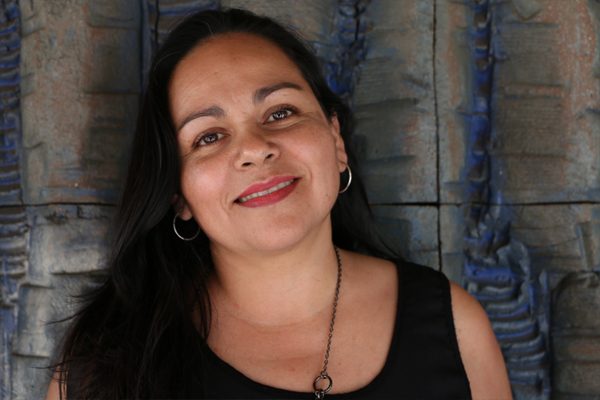
March 12, 2016








